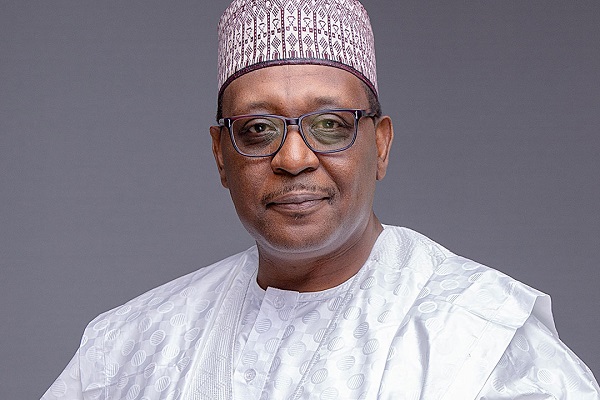
The Minister of Health and Social Welfare, Prof. Muhammad Pate has underscored the significance of their involvement in achieving a people-centered approach. Pate emphasised the crucial partnership between the government, traditional institutions and religious organisations, recognising it as essential for improving health outcomes and fostering national unity.
Speaking on Monday in Abuja at the fourth-quarter 2023 review meeting of the Northern Traditional Leaders Committee on Primary Healthcare Delivery (NTLC), organised by the National Primary Health Care Development Agency (NPHCDA), Pate acknowledged the valuable contributions of traditional and religious leaders to the healthcare sector.
The meeting served as an opportunity to recognize and appreciate the substantial impact of traditional and religious leaders in shaping perceptions, dispelling myths and mobilising communities for efficient, equitable and high-quality healthcare.
Expressing his delight in attending the quarterly review meeting led by the Sultan of Sokoto, His Eminence, Muhammadu Sa’ad Abubakar III, Pate stressed the importance of community ownership, engagement, and the support of traditional and religious leaders in achieving ambitious targets, particularly in reaching marginalised communities.
Key strategies identified for strengthening the primary healthcare system included training frontline health workers, improving reproductive, maternal, newborn, child and adolescent health, scaling up financing and utilising innovation for immunisation services. Pate emphasised the irreplaceable role of traditional and religious leaders in shaping perceptions and mobilising communities.
He highlighted the recent signing of the Health Sector Renewal Compact with state governors and development partners, where health was declared a priority in Nigeria’s national development agenda. Pate noted that improved health outcomes could serve as a unifying factor for the nation and optimise Nigeria’s demographic dividend.
Expressing gratitude to traditional leaders, Pate acknowledged their unparalleled influence and emphasized the crucial partnerships with them to domesticate health sector development approaches within the Nigerian context.
Moving forward, Pate announced plans to expand the approach of engaging traditional and religious leaders to other parts of the country, aligning with President Tinubu’s vision of a people-centered health system. This approach, he emphasised, would complement the role of organised civil society in achieving healthcare goals.
The executive director of NPHCDA, Dr. Muyi Aina commended the dedicated efforts of NTLC, hailing it as a beacon of hope for accessible healthcare. Dr. Aina expressed a strong commitment to fostering collaboration with predecessors and reinforcing the partnership between NPHCDA and NTLC.
He extended gratitude for the significant participation of traditional leaders in events related to the Human Papilloma Virus (HPV) vaccine, recognising their pivotal role in transforming primary healthcare in Nigeria. Aina addressed initial resistance to the HPV vaccine, emphasising its safety and efficacy in preventing cervical cancer.
Despite existing challenges in the healthcare delivery system, Aina expressed confidence that these challenges presented opportunities for innovation and improvement. He urged NTLC to actively contribute to expanding fully functional primary health centres (PHCs) for effective detection, response, and leadership during outbreaks.
The Sultan of Sokoto, Muhammad Sa’ad Abubakar III, acknowledged the collaborative efforts of traditional and religious leaders in attaining healthcare targets and enhancing health outcomes across the nation. He underscored the significance of the recent introduction of the health sector renewal investment initiative by the President, expressing optimism about the positive transformations it could bring to healthcare delivery.
In alignment with the President’s agenda, the Sultan voiced his support and emphasised the crucial role of hope in the success of planned initiatives. The chairman of the NTLC, HRH Alh. Sama’ila Muhammad Mera highlighted the commencement of a new era under fresh leadership, signaling a potential for change and transformation in alignment with the federal government’s hope agenda.
Mera emphasised the pivotal role of a partnership compact involving traditional leaders, the federal government and state government, aiming to transition from working in silos to a more efficient and collaborative approach. He recognised the growing responsibilities of traditional leaders and advocated for capacity building within the traditional institution.
Acknowledging the effectiveness of the hierarchical system in the northern region, particularly in issues like immunisation, Mera expressed commitment to firm resolutions and a proactive interest in enhancing the health of the people. The compact, he explained, empowers traditional leaders to actively engage with governors, addressing past challenges with optimism for improved collaboration in the future.

